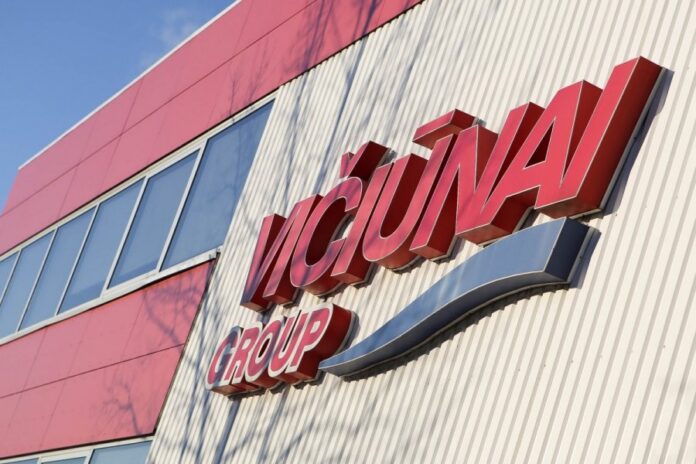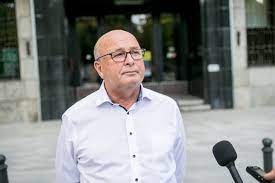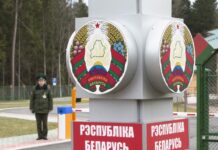
Lithuanian companies are severing ties with Russia in solidarity with Ukraine or for practical reasons, and some sectors will be more affected than others. A number of international brands announced they are stopping business in Russia following Vladimir Putin’s invasion of Ukraine. Sweden’s Ikea and H&M, Apple, Denmark’s Maersk, Germany’s Volkswagen and BMW, and many more have joined the boycott.

The biggest Lithuanian investment in Russia is a food processing plant in Kaliningrad owned by Vičiūnai Group. It employs some 2,000 people and the company, which also owns facilities in Ukraine. Vičiūnai Group has attracted particular attention in Lithuania because it is owned by Kaunas Mayor Visvaldas Matijošaitis, who was initially reluctant to commit to withdrawing from Russia, and announced withdrawal as recently as March 14.
Arūnas Laurinaitis, chairman of the Lithuania-Russia Business Council, says companies with investments in production facilities are in a more difficult position, since they cannot unload those investments quickly. And because Russia has raised barriers for capital leaving the country, it could be impossible.

In all, there are estimated 250 Lithuanian companies with operations in Russia. The number went down significantly after Russia’s annexation of Crimea in 2014. Yet Lithuania maintained relatively active trade links with its neighbour. According to Statistics Lithuania, trade with Russia amounted to over 8 billion euros last year. Most of it, however, consisted in re-exports, or transit goods, rather than trade in Lithuanian-made products. Although Russia was Lithuania’s number one destination for re-exports, the losses could be compensated for by markets in the European Union.
Only 2 percent of exports to Russia consist of Lithuanian-made goods. Last year, exports of Lithuanian-made goods amounted to about 600 million euros. Exports to Germany, Lithuania’s biggest export market, were worth 1.8 billion. Some companies will be affected, but macroeconomic effects would be small, say experts.
Russian imports in Lithuania mostly consist of oil, as well as iron, steel, aluminum, fertilizers, timber, plastics, salt. Importers say they could find alternative sources, but at a higher price. Furniture makers have said that some of their materials could become twice as costly. Deliveries have stopped not only from Russia, but also from Belarus and Ukraine.
A number of Lithuanian retailers have announced they will no longer be selling Russian-made products. Others may find it impossible to pay their Russian suppliers, as Lithuania’s central bank is planning to impose restrictions on financial transactions. The central bank will not allow its system to be used to make payments to Russian citizens, companies in Russia and companies owned by Russian citizens or entities. There may be about 1,600 Russian-owned companies in Lithuania.





























